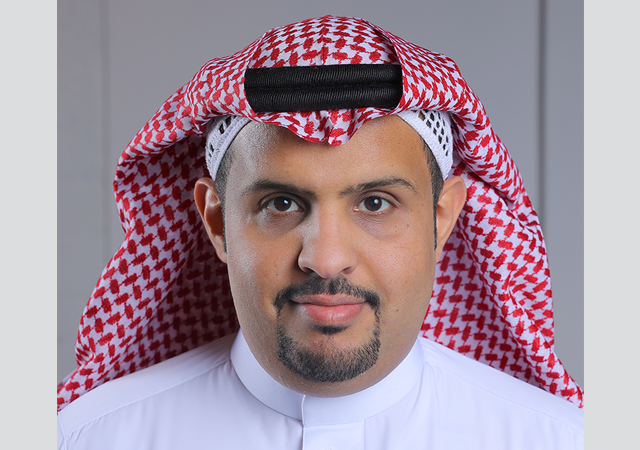
 WakeCap systems enable real-time metrics for worker movements and equipment use.
WakeCap systems enable real-time metrics for worker movements and equipment use.
Riyadh is a dynamic, exciting place to be for those in construction technology – the biggest driver of change in the industry.
With the kingdom’s Vision 2030 driving a palpable thirst for change, the city is undergoing growth at a turbo-charged pace. The country’s giga- and mega-projects have rewritten the rulebook on the boundaries of urban development. As the founder of WakeCap, a company at the forefront of construction IoT (Internet of Things) solutions, I have the privilege of seeing first-hand how Riyadh is harnessing technology to revolutionise every part of our industry. From technology that enhances worksite productivity and safety to digital platforms that streamline operational processes, more and more cutting-edge construction technology solutions are being seen on Riyadh’s diverse projects.
Changing the industry, driving the conversation
Riyadh’s growing significance as a hub for technological advancements in construction is palpable. Government entities are actively seeking to enmesh smart construction site management technologies across the country’s projects, and to drive development by partnering with leading experts from Saudi Arabia and internationally. The government’s strategy is to mandate safety and security in construction and related sectors and technology supports these goals in myriad ways. For example, wearable technology and a connected site allows safety teams to enhance emergency response times and provide accurate data for compliance and incident investigation. I believe it’s crucial that technology experts remain front and centre of the conversation, supporting the kingdom’s leadership in shaping the future of occupational safety and health regulations.
 |
|
Albalawi |
Prioritising safety on large-scale projects
Safety is a paramount concern on construction sites, particularly given the massive scale of Riyadh’s projects. Technology plays a critical role in mitigating risks and preventing accidents and wearables are helping to monitor worker safety in real-time. Today’s cutting-edge devices detect falls, track location, manage emergency evacuations, and alert workers and managers to hazardous areas, ensuring compliance with safety protocols. For example, WakeCap works with Aramco and other clients to establish procedures that improve safety training and protocols, fostering a culture of proactive risk management.
Measure, mitigate, measure
Real-time data collection and analysis gives new metrics and unprecedented speed of understanding into construction operations, so companies can measure when things are going off course, act to mitigate those issues, then measure again to confirm their changes were effective. IoT solutions are enabling real-time data collection and analysis, transforming how construction projects are managed. By embedding technology into Riyadh’s mega projects, many of the construction industry’s most pressing and long-standing challenges are being addressed in real-time.
Time and resource management are critical in delivering large-scale projects, and IoT solutions provide construction managers with unprecedented visibility into worksite activities. For example, at Qiddiya, WakeCap systems enable real-time metrics for worker movements and equipment utilisation. This data is used to improve project efficiency. By identifying bottlenecks and reallocating resources, project timelines have been significantly shortened.
Enabling collaboration and transparency
Mega projects like the recently opened Riyadh Metro naturally involve numerous stakeholders. I’m passionate about the power of collaboration: savvy developers and owners in Riyadh increasingly recognise how shared visibility enables better decision-making, appointing one expert to better manage multiple tech solutions across the project.
Riyadh’s future growth
We believe in Riyadh’s huge potential. By prioritising innovation, Riyadh is not only attracting global talent and investment, but also setting a benchmark for other cities. The integration of IoT solutions and smart technologies is fostering a construction ecosystem that is more efficient, safer, and environmentally responsible as well as bringing long-term benefits for Riyadh’s economy.
Of course, integrating new technologies into traditional construction practices requires both a cultural shift and significant investment in training and infrastructure. The scale of Riyadh’s projects demands robust data security and management solutions to handle the volume of information generated. However, these challenges also present opportunities for growth and innovation. By addressing these issues, Riyadh can continue to grow a construction sector capable of adapting to future demands.








.jpg)




.jpg)




























.jpg)





































